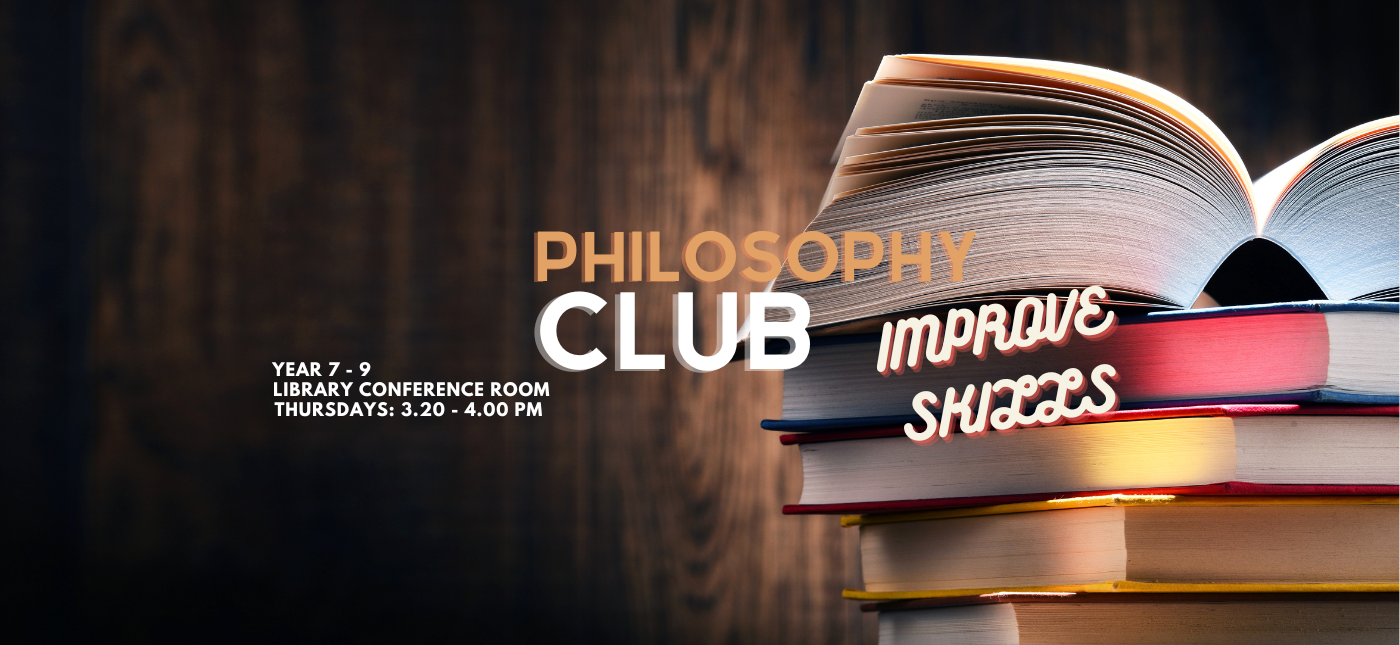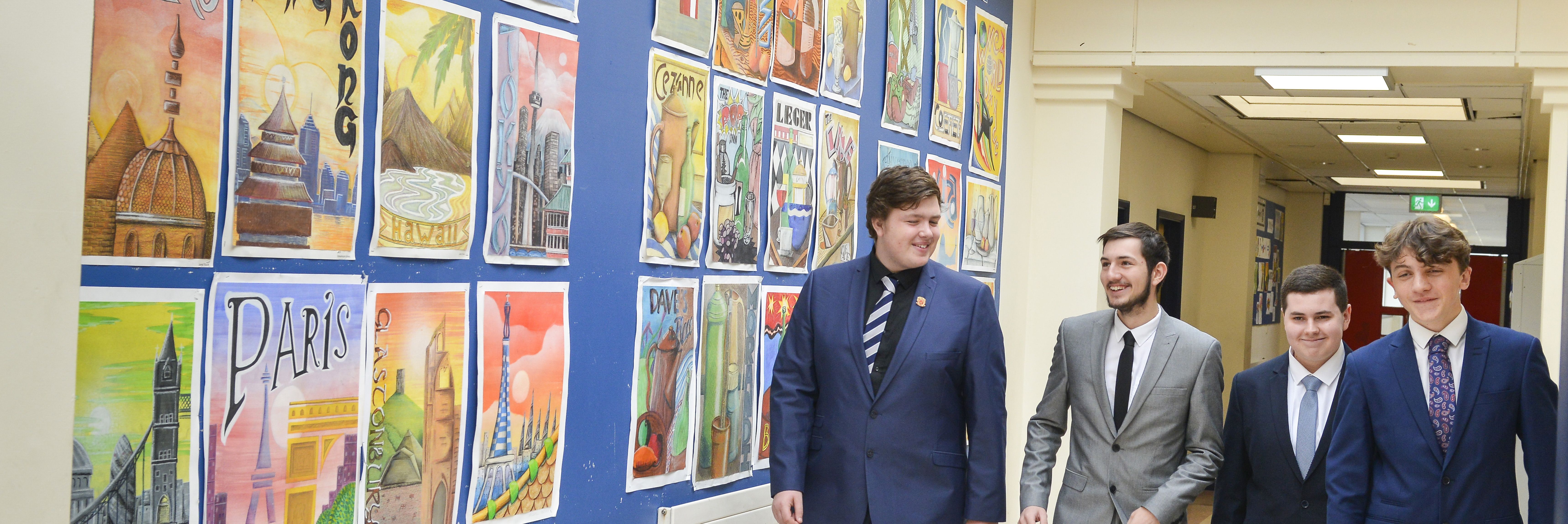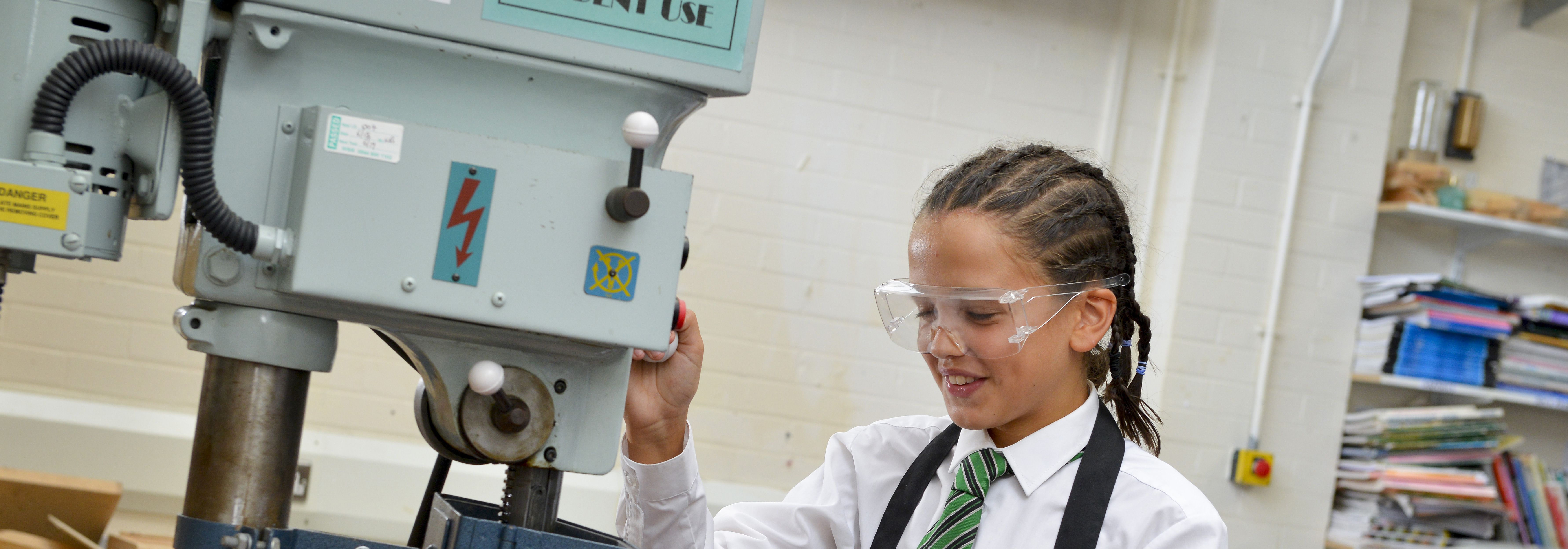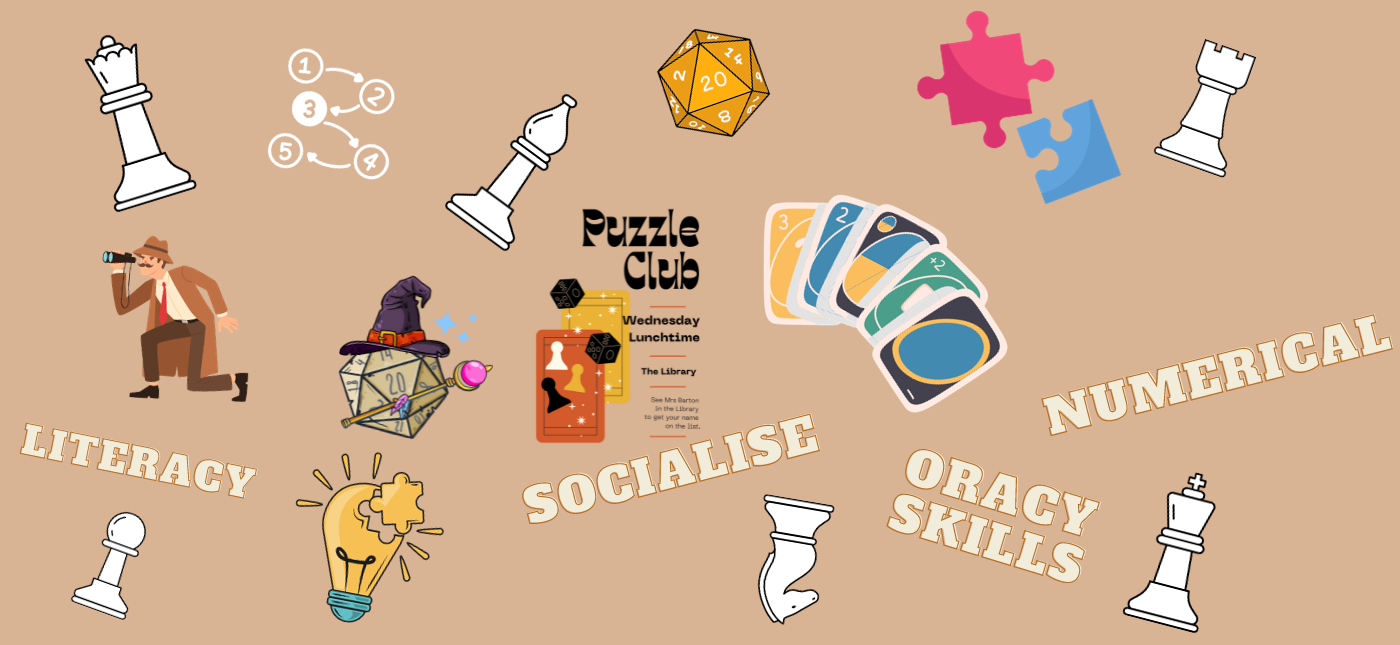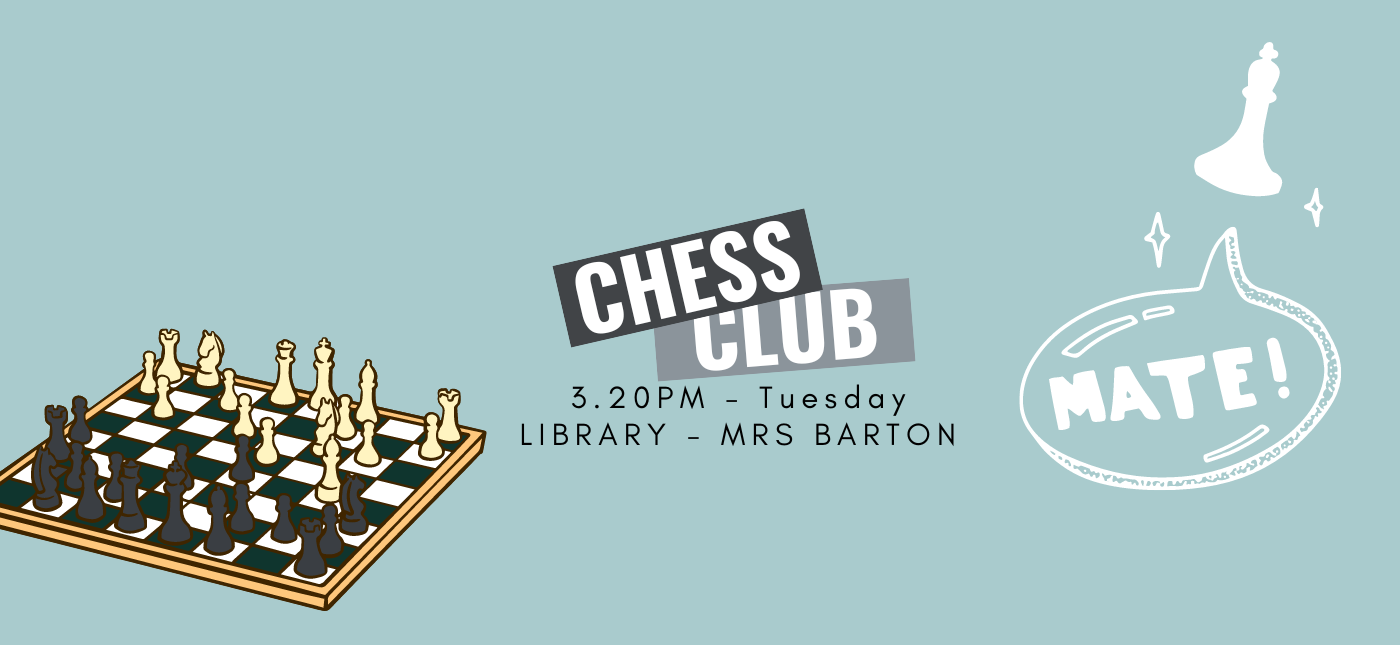Philosophy and Ethics Specification
Qualification: GCSE Religious Studies
QN code: 601/8879/0
Exam board: Eduqas
What will you learn about:
50% of this course (component 1) is based on the following four themes:
Issues of Life and Death
Within this theme students will study beliefs about life after death, the origins of the universe, the value of human life from both religious and non-religious points of view.
Issues of Good and Evil
Within this theme students will study the nature of good and evil, causes of crime, criminal justice, forms of punishment and attitudes towards justice from both religious and non religious points of view.
Issues of Human Rights
Within this theme students will study human rights and social justice, issues of wealth and poverty, racial prejudice and discrimination and the attitudes of both the religious and nonreligious towards these issues.
Issues of Relationships
Within this theme, students will study the characteristics of relationships, marriage and family life, same sex relationships and gender roles from both religious and non religious points of view.
The remaining 50% (components 2 &3) is divided between in depth studies of both Christianity and Buddhism. Students will study the origins, traditions and practices of the religions as well as appreciating the role of religion in wider society. Students will study the impact of spirituality on individual daily life and the varying interpretations of religious texts.
Assessment:
Component 1:
- Religious, Philosophical and Ethical Studies in the Modern World
- 2 hours of written examination
- 50% of qualification
Component 2:
- Study of Christianity
- 1 hour written examination
- 25% of qualification
Component 3:
- Study of a World Faith - Buddhism
- 1 hour written examination
- 25% of qualification
Other information:
Upon successful completion of the course, students can go onto study Philosophy and Religion at A Level. Outside of education, such students are educated and responsible thinkers able to tackle some of society's most pressing issues and allowing them to develop skills such as:
- Being sensitive to the intricate ways in which beliefs mould and influence an indiviual's values and behaviour.
- Understadning diverse interpretations of texts and traditions, providing students with valuable perspectives when navigating conflicting viewpoints in their future careers.
- Self-awareness, initiative, creativity, and teamwork.
- Communication and leadership - Religious Studies students make outstanding contributors in various progession and social settings.




